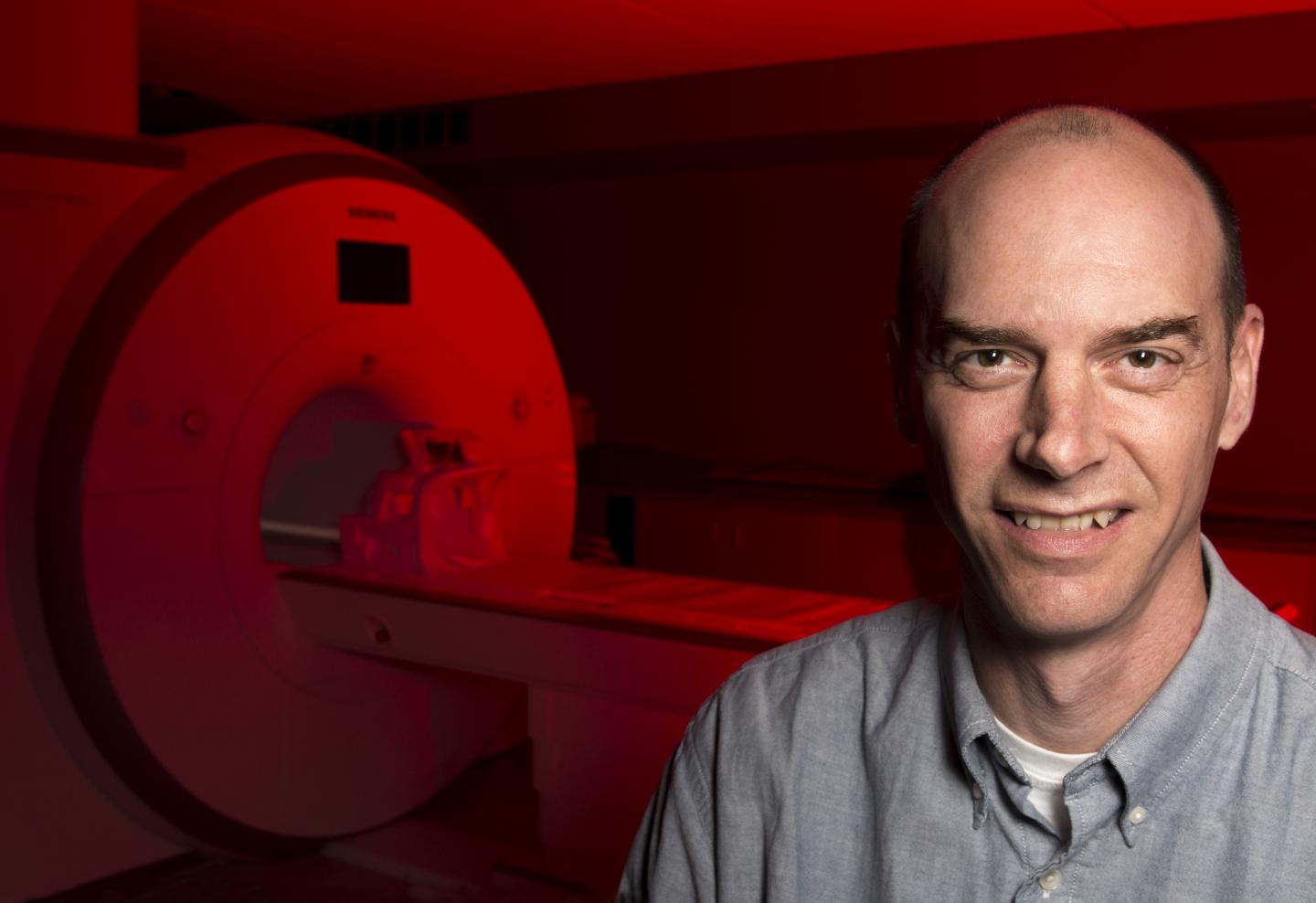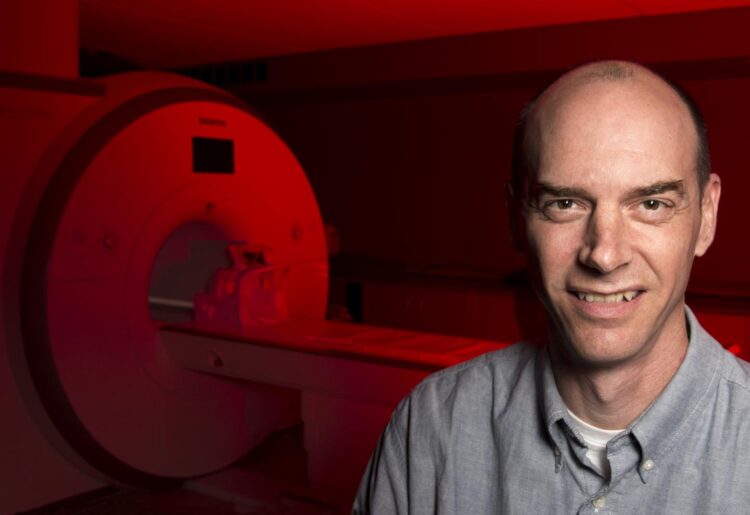Kessler Foundation research team confirms regions contributing to the brain’s ‘fatigue network’, and demonstrates that network connectivity changes with cognitive fatigue, a novel finding that will accelerate advances toward effective interventions

Credit: Kessler Foundation
East Hanover, NJ. March 8, 2021. Kessler Foundation researchers have demonstrated changes in the functional connectivity within the ‘fatigue network’ in response to cognitive fatigue. This finding, the first of its kind, was reported in Scientific Reports on December 14, 2020 in the open access article, “Using functional connectivity changes associated with cognitive fatigue to delineate a fatigue network” (doi: 10.1038//s41598-020-78768-3).
The authors are Glenn Wylie, DPhil, Brian Yao, PhD, Helen M. Genova, PhD, Michele H. Chen, PhD, and John DeLuca, PhD, of Kessler Foundation. All have faculty appointments at Rutgers New Jersey Medical School. Dr. Wylie is also a research scientist at The Department of Veterans’ Affairs War-related Injury and Illness Study Center at the New Jersey Healthcare System.
Cognitive fatigue, a troublesome symptom among healthy and clinical populations, is a major research focus at Kessler Foundation. With this study, Foundation scientists extended their exploration of the ‘fatigue network’, a set of brain regions associated with cognitive fatigue, comprising the striatum of the basal ganglia, the dorsolateral prefrontal cortex, the ventro-medial prefrontal cortex, and the anterior sula. Understanding the underlying mechanisms of cognitive fatigue is essential to the development of effective interventions for people with disabling fatigue caused by multiple sclerosis, Gulf War Illness, brain injury, chronic fatigue syndrome and other conditions.
The study was conducted at the Rocco Ortenzio Neuroimaging Center at Kessler Foundation, a specialized facility dedicated solely to rehabilitation research. The team induced cognitive fatigue in 39 healthy volunteers while they underwent functional MRI of their brain activation patterns. The participants’ fatigue in response to multiple runs of challenging tasks of working memory was measured using a visual analogue scale of fatigue (VAS-F). Researchers found that as cognitive fatigue increased, there was a decline in the connectivity among the regions that make up the fatigue network, and an increase in connectivity between the network and more posterior regions.
Dr. Wylie, director of the Ortenzio Center, commented on the results of this task-based functional neuroimaging paradigm: “Our findings provide further evidence for a functionally connected ‘fatigue network’ in the brain. More importantly, we have shown for the first time that this functional network connectivity changes in association with cognitive fatigue,” he emphasized. “This promises to accelerate progress toward effective interventions aimed at relieving debilitating fatigue.”
###
Citation: Wylie, G.R., Yao, B., Genova, H.M. et al. Using functional connectivity changes associated with cognitive fatigue to delineate a fatigue network. Sci Rep 10, 21927 (2020). https:/
Funding: New Jersey Commission for Brain Injury Research (10.005.BIR1 to GW), The Department of Veterans’ Affairs (5I01CX000893 to GW), and Kessler Foundation
Learn more about ongoing studies at Kessler Foundation at Join Our Research Studies | Kessler Foundation
About Kessler Foundation
Kessler Foundation, a major nonprofit organization in the field of disability, is a global leader in rehabilitation research that improves cognition, mobility and long-term outcomes, including employment, for people with neurological disabilities caused by diseases and injuries of the brain and spinal cord. Kessler Foundation leads the nation in funding innovative programs that expand opportunities for employment for people with disabilities. Learn more by visiting http://www.
Contact: Carolann Murphy, PA, Assistant Editor; [email protected]
Media Contact
Carolann Murphy
[email protected]





